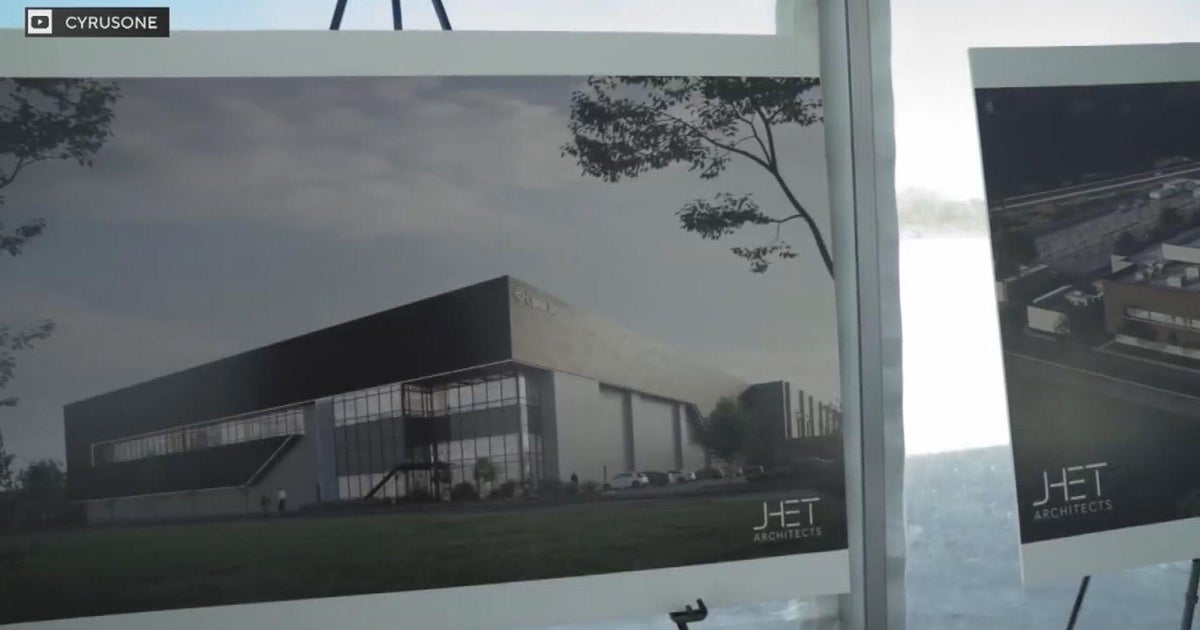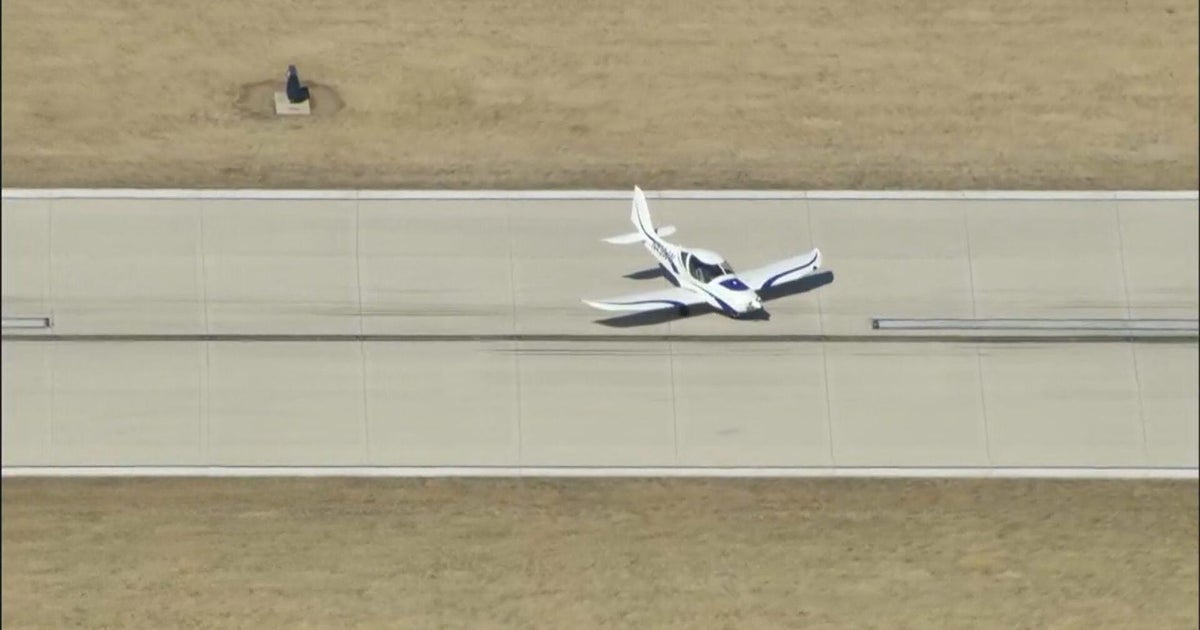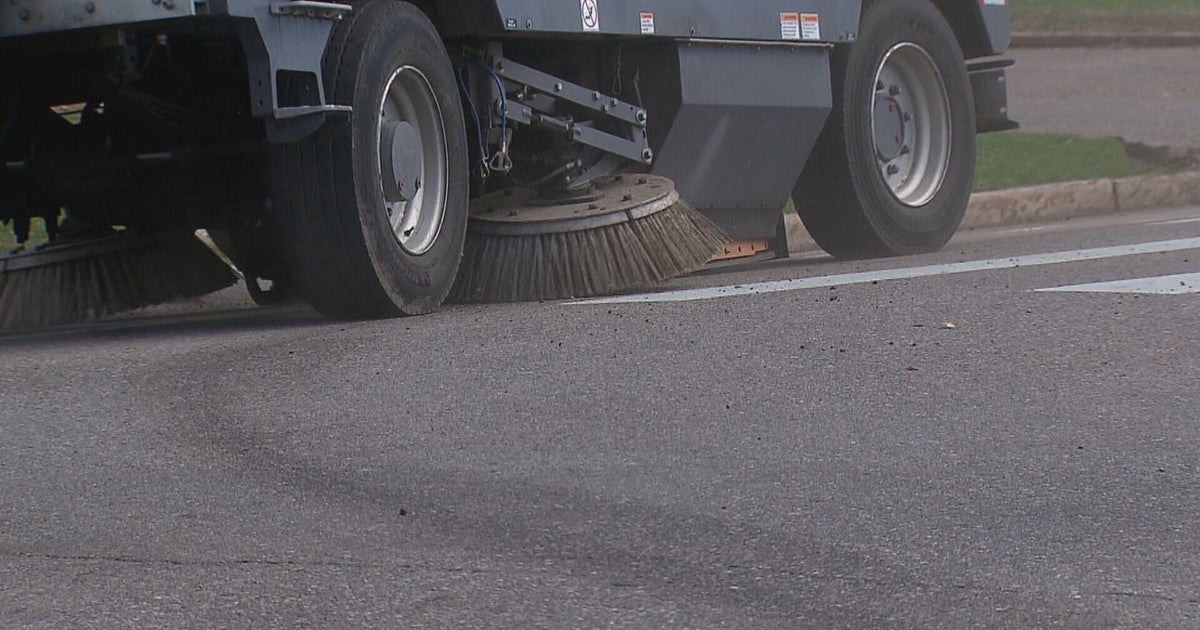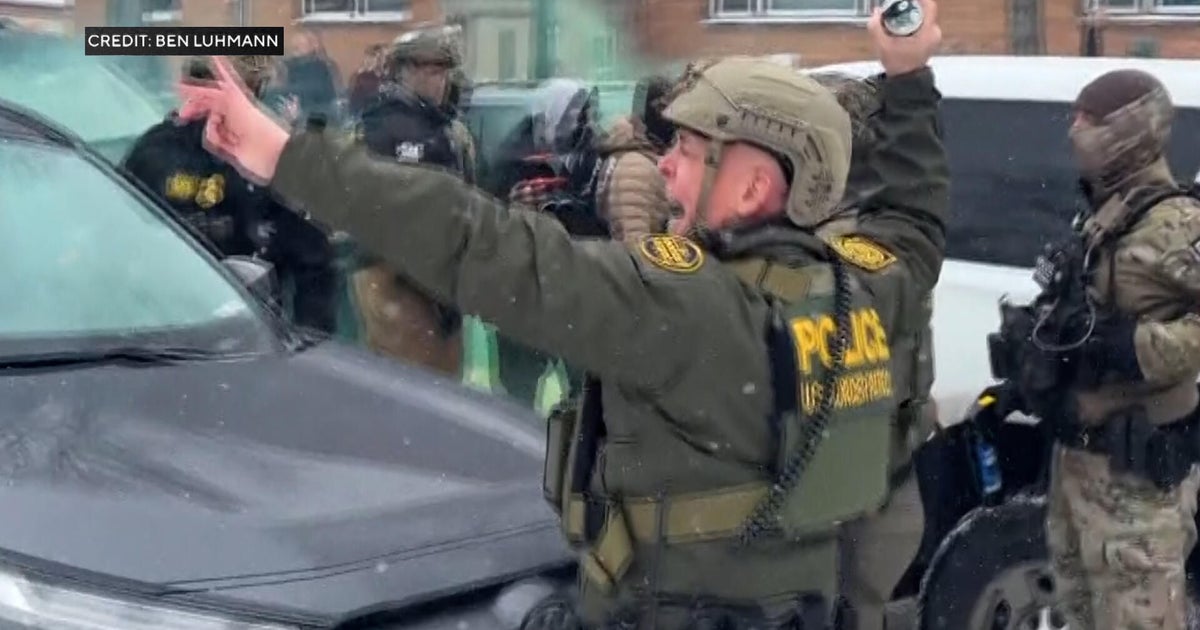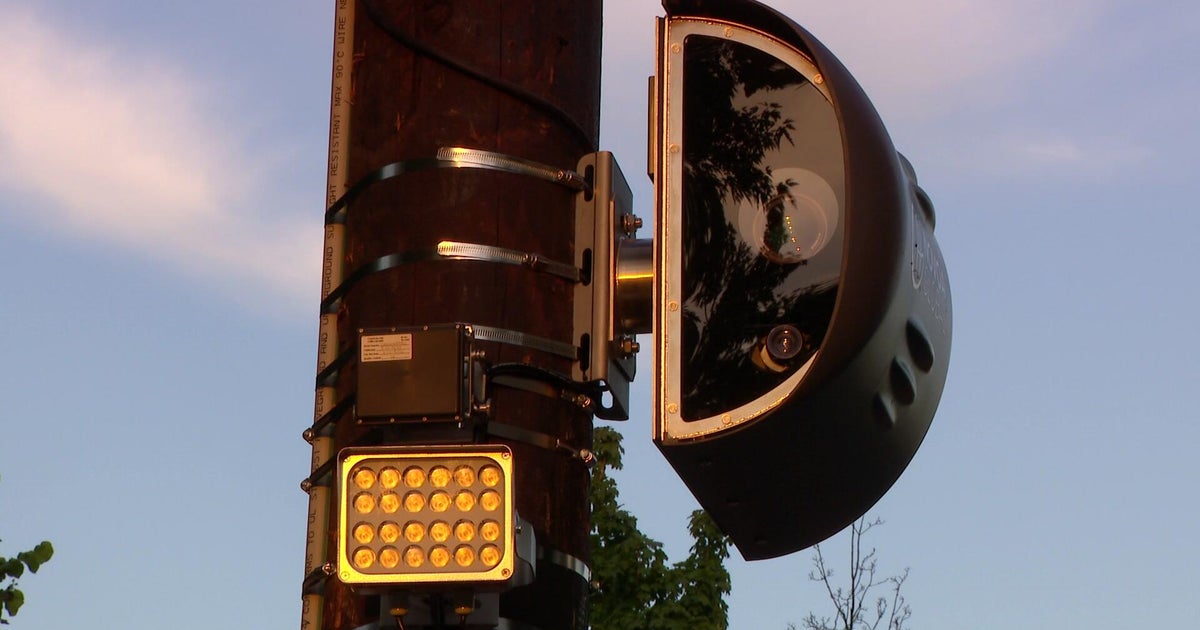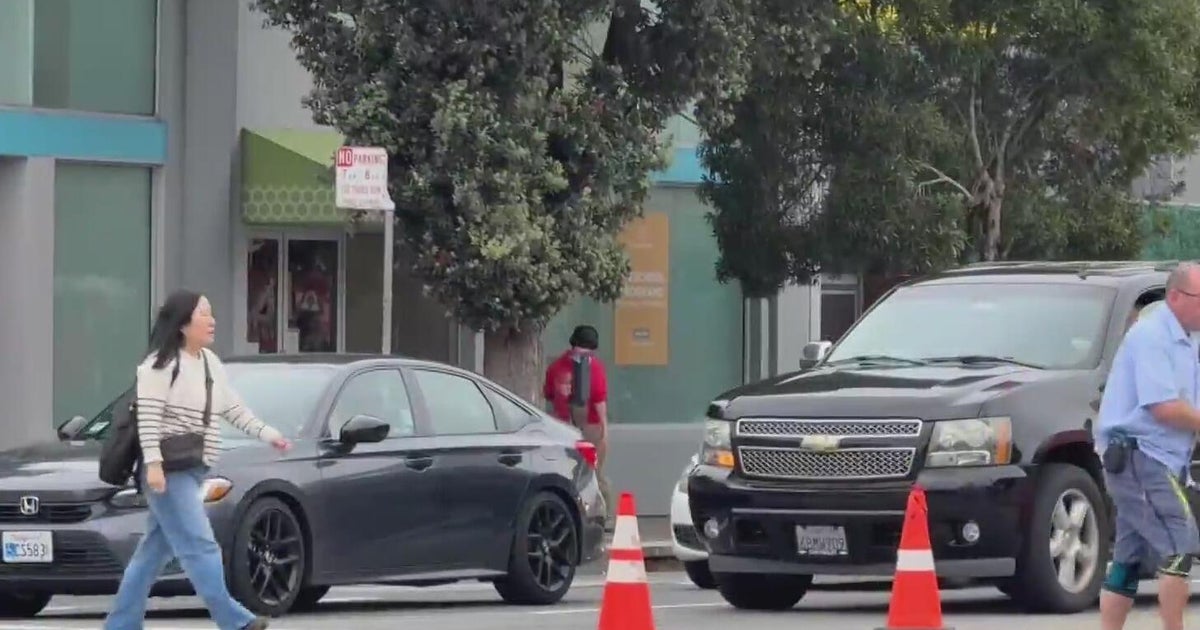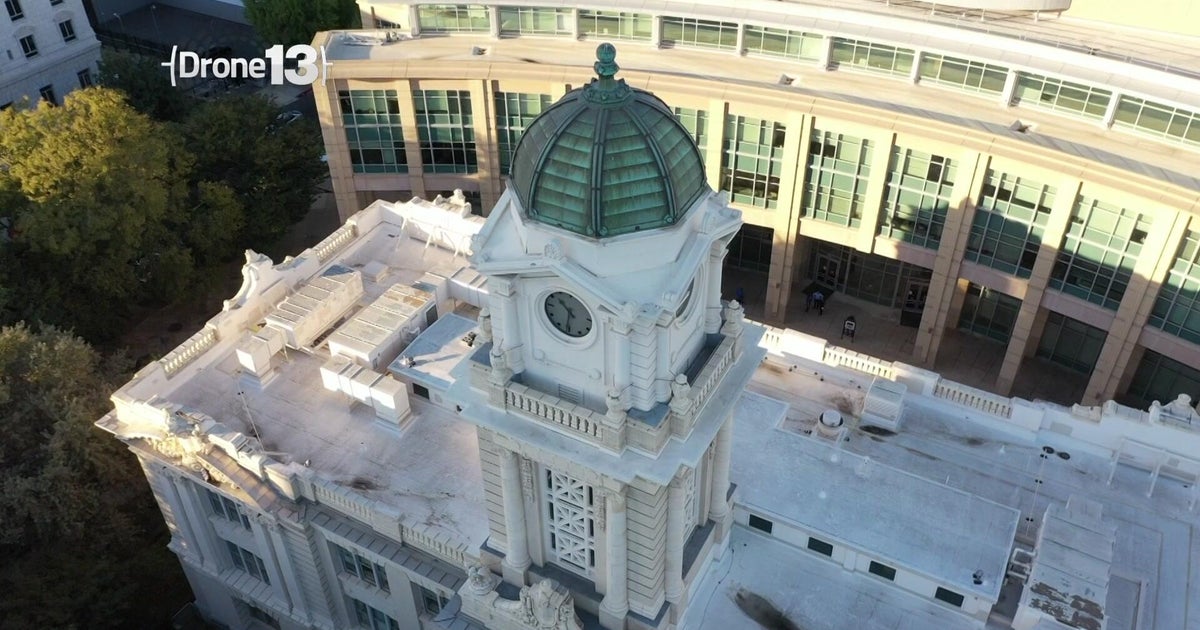Aurora's effective yet expensive photo speed enforcement program will end: "Over-promised and under-delivered"
Safety is priceless, but a recent pilot program meant to reduce speeding has cost the City of Aurora over half a million dollars. While city leaders acknowledge that photo enforcement vehicles have slowed drivers, a new discussion begins about a more efficient way to keep streets safe.
CBS News Colorado spoke with APD last year when the pilot program was unveiled.
Marked vehicles with light detection and ranging technology were deployed in residential neighborhoods where the speed limit reads 35 MPH or less, school and work zones, and streets that border a municipal park.
Tuesday, CBS News Colorado visited a neighborhood where a vehicle was stationed. It was parked on the shoulder of Telluride Street across from Vassar Elementary School, by a sidewalk frequented by students and neighbors.
"After school, you see a lot of cars going really fast," said one teen walking by.
"I know you're trying to get your kid, but still. I'm trying to get home," said his friend.
Many drivers take the posted 35 MPH speed limit as a suggestion.
It's long been a problem for residents in the Aurora neighborhood.
George Archaniotis and his neighbors signed a petition to get city engineers out for a traffic study.
"I'm thankful that the photo radar van is out here because this is about the slowest traffic has been since we moved in seven years ago," said Archaniotis. "It's a hazard. There's been a lot of close calls for kids out here crossing the street."
CBS Colorado met Aurora Councilman Steve Sundberg, who's also vice chair of the city's Public Safety Committee, along an enforced street Tuesday afternoon.
"We literally have people pleading with us, council members and police, to do something about speeding. It's a real safety issue in Aurora," said Sundberg. "What price do you put on saving human lives? It's hard to measure, but we are calming traffic with these and what we have."
He acknowledged that the radar vehicles have deterred speeding, but there are many technological faults.
The hope was that speeding tickets would offset the cost of the program's expense, but every speeding car hasn't been ticketed.
The city has spent a total of $610,803 on the photo radar enforcement program.
As of March 2024, the total revenue received is $75,559.
The program has cost the city $535,243.
According to the APD report presented during last week's Public Safety Committee meeting, several technical issues were to blame for the shortfall in revenue throughout the pilot program's duration.
Photo enforcement resulted in 7,012 violations, but 4,181 violations were rejected for issues like blurry photos.
"It looked great on paper. The vendor sold it to us with all kinds of great promises, but I think they over-promised and under-delivered," said Sundberg.
According to the report, a flash was damaged in December and wasn't replaced until March. The vendor installed a camera cable in one of the vehicles that overheated, causing the front flash to stop working. Ongoing memory card issues required several repairs and equipment shutdowns and restarts during a shift. Vehicles were taken out of service for training, routine maintenance, and yearly equipment certification.
Staffing the parked vehicles has also been a problem for the city.
Sundberg says he believes Aurora police's former interim chief Art Acevedo "did not wrap his arms around this program and give it the love and attention it needed. Therefore, it got off to a bad start that I think was more difficult to recover from. He dismissed it as a 'council initiative,' when in fact, it was a response to public outcry and a public safety initiative."
The councilman adds APD's current interim chief Heather Morris and leadership have done a good job attempting to resurrect it in their efforts.
"Maybe we can take some of the cost we were putting into this program and put forth some speed cushions, more radar signs, maybe an automated van of some kind that doesn't require a human being," said Sundberg. "We thought this would be an effective and efficient tool to combat speeding. It's a shame it didn't work out."
Of the tickets issued, 241 violations are still being processed.
The city's contract with the photo enforcement vendor is set to expire in a few months.
Last week, council members agreed to end the contract with the vendor and go back to the drawing board for a more efficient plan.




